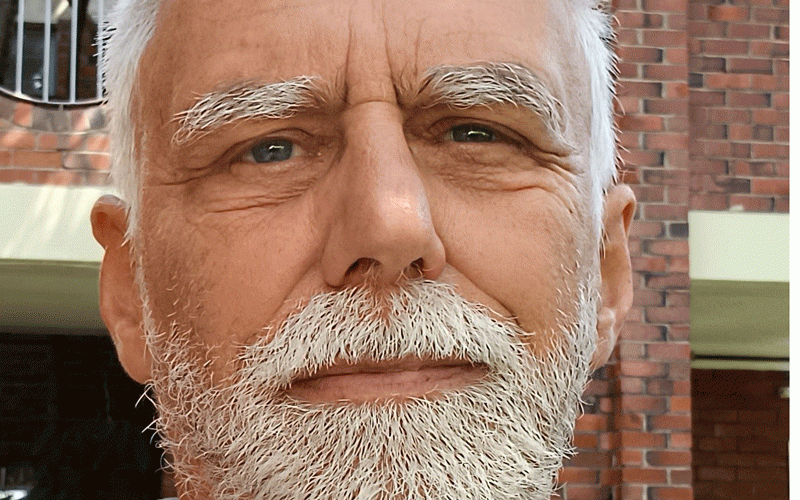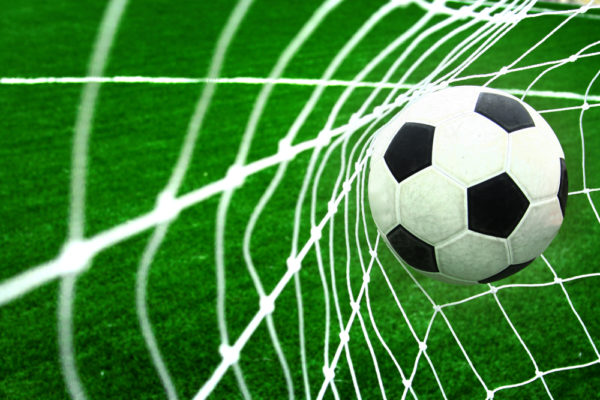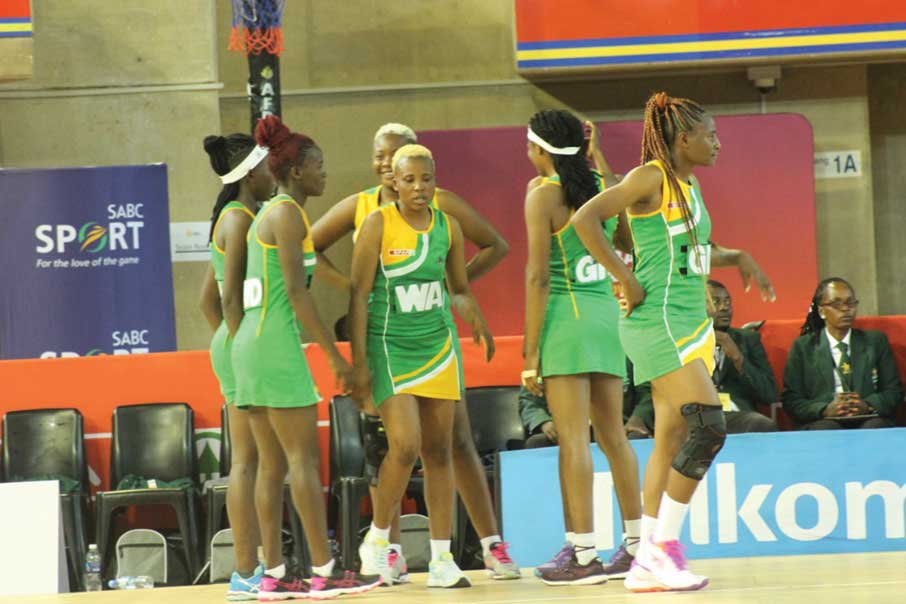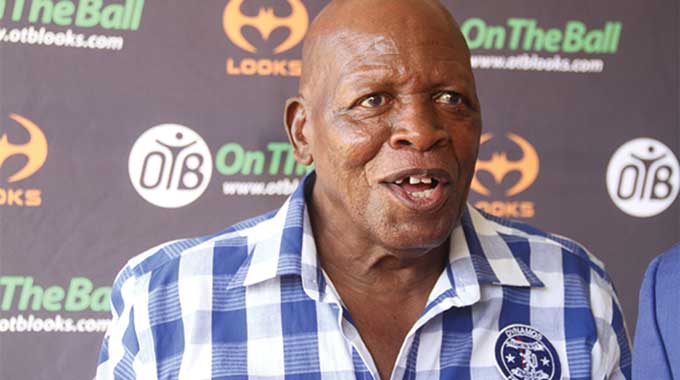
We have all seen it. We have all witnessed, either in person or on screen, coaches and managers scream and shout extremely animatedly at their players, the officials and even the opponents and their manager or coach.
They charge out of the dugout, throw their arms around all over the place, display theatrics that would well win them a role in plays.
Oh, yes, we have seen them (and perhaps some have even been them)!
They are besotted with justice, with perfection, with success and will do anything to achieve that.
Interestingly the BBC website had journalists who were so intrigued recently by how soccer managers behaved at the side of the field of play that they sent staff to watch and analyse not the players but the managers. Such was the stress, they discovered, “on average, Premier League managers … spent nearly a quarter of games standing outside of their area, getting that bit closer to the pitch, even though the distance gained could usually be measured in centimetres”.
Clearly, they feel they must be seen and heard by the players, sometimes to put pressure on them but at other times to take the pressure off them.
The coaches are definitely stressed and either want to get out of their dugout away from others adding their thoughts or to find some calm.
The report quoted Dr Gillian Cook, the senior lecturer in sport and performance psychology at Liverpool John Moores University, who said that "There's a concept in psychology called emotional labour.
- Silence in examinations
Keep Reading
It originally comes from the airline industry of service with a smile - it doesn't matter what you feel, you've got to act in a certain way because that's what you think is expected of you. If you're a football manager there is data suggesting that if you look calm, composed and in control, that will transmit and convey to the players."
Now let us park that bus (using an expression soccer that coaches often use) and picture the following.
Throughout each week of term, a teacher will turn up well prepared for lessons and lead the pupils through learning experiences so that they may grasp new concepts and information.
There will be much interaction and instruction, questions being asked, points being made, notes being given, examples being presented, practices being done.
Then at the end of the week, or once the topic has been covered, a test will be undertaken and later an examination will be done on a number of topics covered thus far. In the test and examination, the pupils will sit and give their response in silence, being watched quietly by the teacher; the teacher will provide no words, clues, hints or direction.
Instead, the pupils are being examined to see how much they have learned and what correction needs to be done thereafter.
Only after the examination, which they undertake on their own, will the teacher go over their answers.
Now here is the thing. At school, pupils will also attend sporting sessions during which the coach will turn up well prepared for lessons and lead the pupils through learning experiences so that they may grasp new concepts and information.
There will be much interaction and instruction, questions being asked, points being made, notes being given, examples being presented, practices being done, again and again. Does this sound familiar…?
And then, lo and behold, (yes, we guessed it), at the end of the week, a test will be undertaken, an examination will be done in the form of a fixture against another school to ascertain what the pupils have learned thus far.
It follows that, in these tests and examinations, the teacher should be providing no words, clues, hints or direction; it is an examination, after all.
Instead, the pupils are being examined to see how much they have learned and what correction needs to be done thereafter.
Only after the examination, which they undertake on their own, should the coach go over their answers.
The principles of what happens on the sports fields in the afternoons must be exactly the same as those that happen in the classroom in the morning.
Yet that does not happen.
School sport is not the English Premier League.
During fixtures, coaches should be like teachers, sitting and watching in silence at the side of the pitch, observing the areas where the children need further attention, not aping those in professional sport.
Exams are done in silence, on their own.










